I remember the first few times I saw Koreans doing this I thought it was a bit strange. This was years ago but I remember standing with a group of Koreans and someone dropping down quickly into a squat and continuing the conversation like nothing had happened. Because the Western style of squatting is different and not as comfortable, we can’t stay like that for very long, I was surprised at how long Koreans could stay in that position.
Because I grew up in a very white area I had almost no contact with any Asians and the Asians I did meet were very westernized. I actually remember the first time I ever saw someone sitting like this was when I was probably about 14 and we were on a family holiday. In a little coastal town I saw a Japanese man squatting on a large concrete post by the river. He was fishing and I remember wondering how he could sit like that for so long.
I’ve obviously since realised that Asian people who squat like this are doing it in a different way. While almost every Asian person can do this, many Western people can not. This is partly due to genetics (Asian people apparently have shorter legs in comparison to their bodies) and lifestyle (Asian people have been squatting like this since children). Of course there are Western people who can squat like this but not the majority. When I try do this I literally can not put my feet flat on the ground. It’s impossible for me. Very soon my legs begin to hurt and I’ll lose my balance and topple over. I wish I could though.
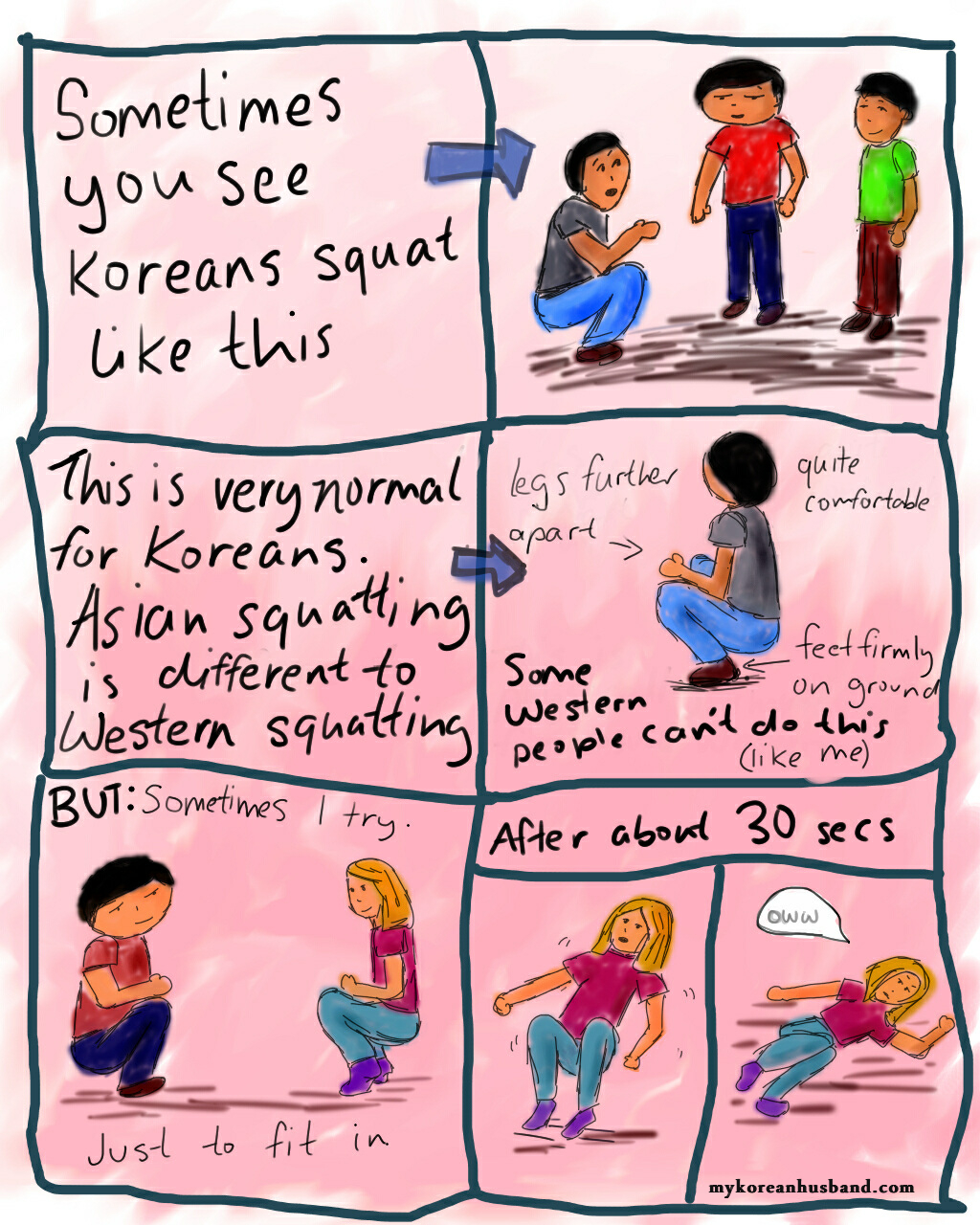
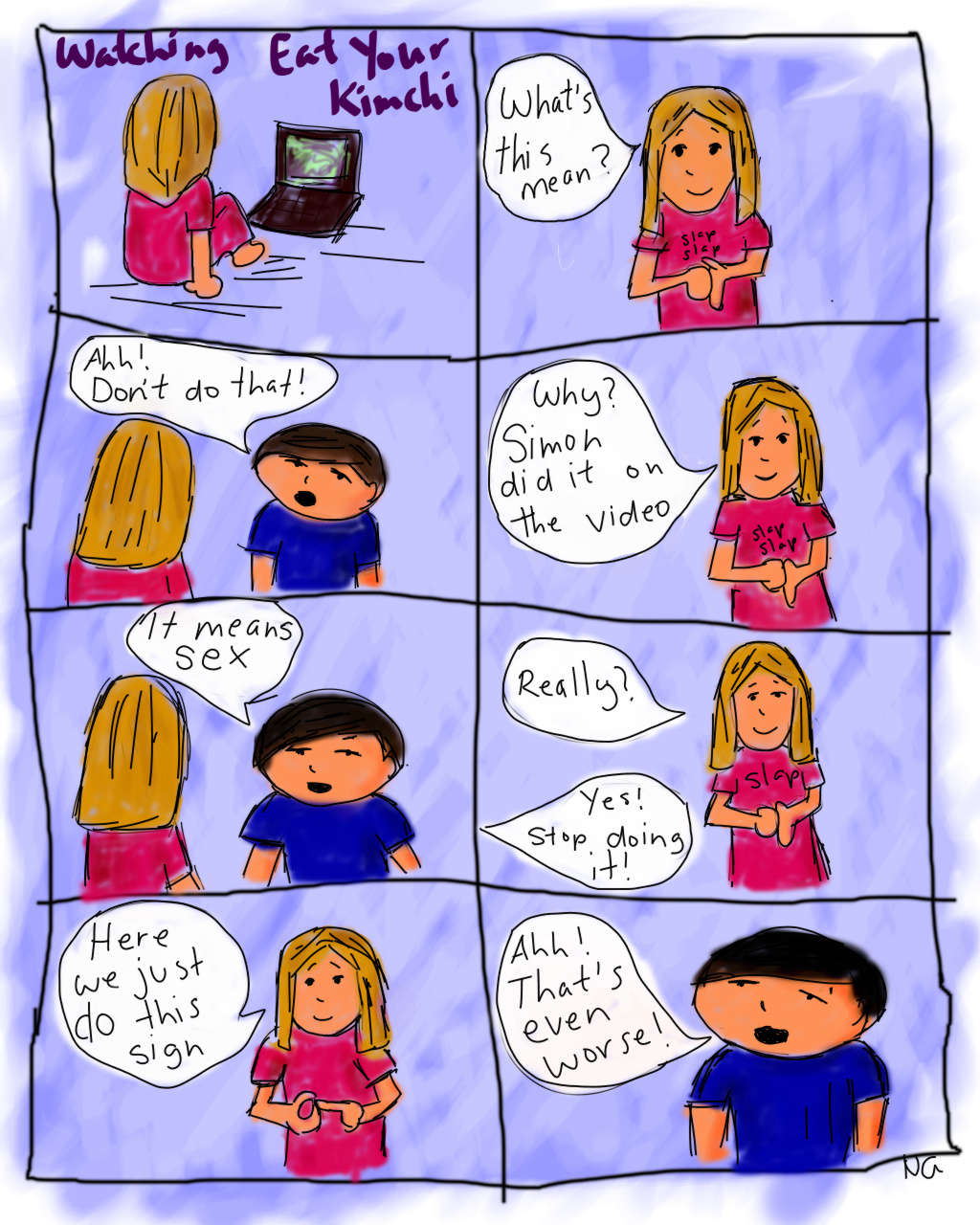
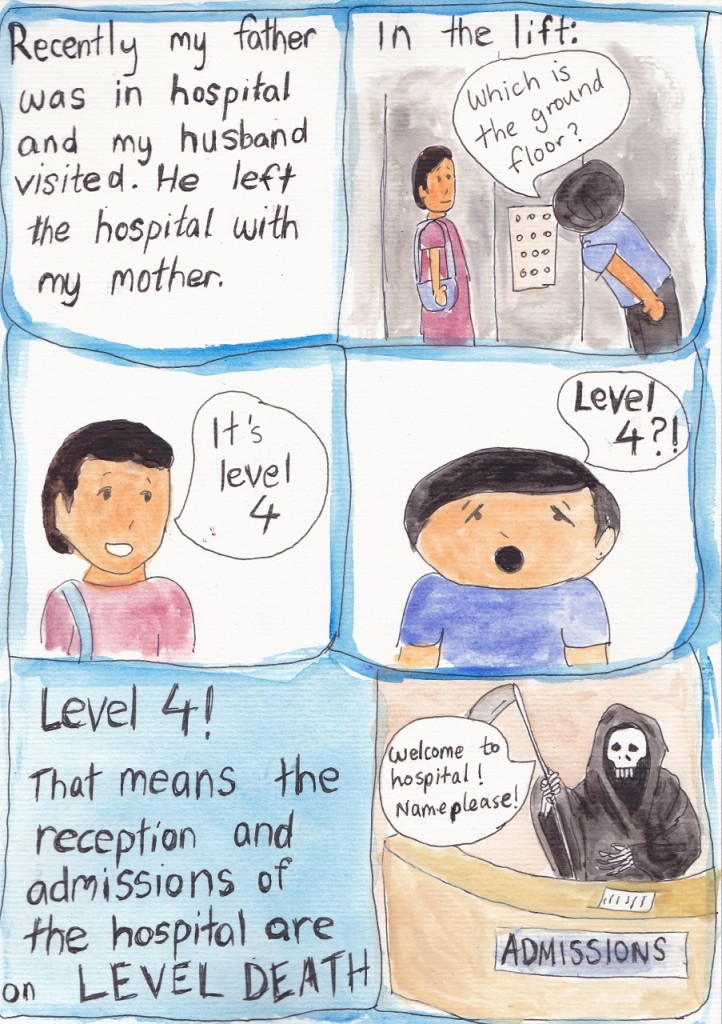
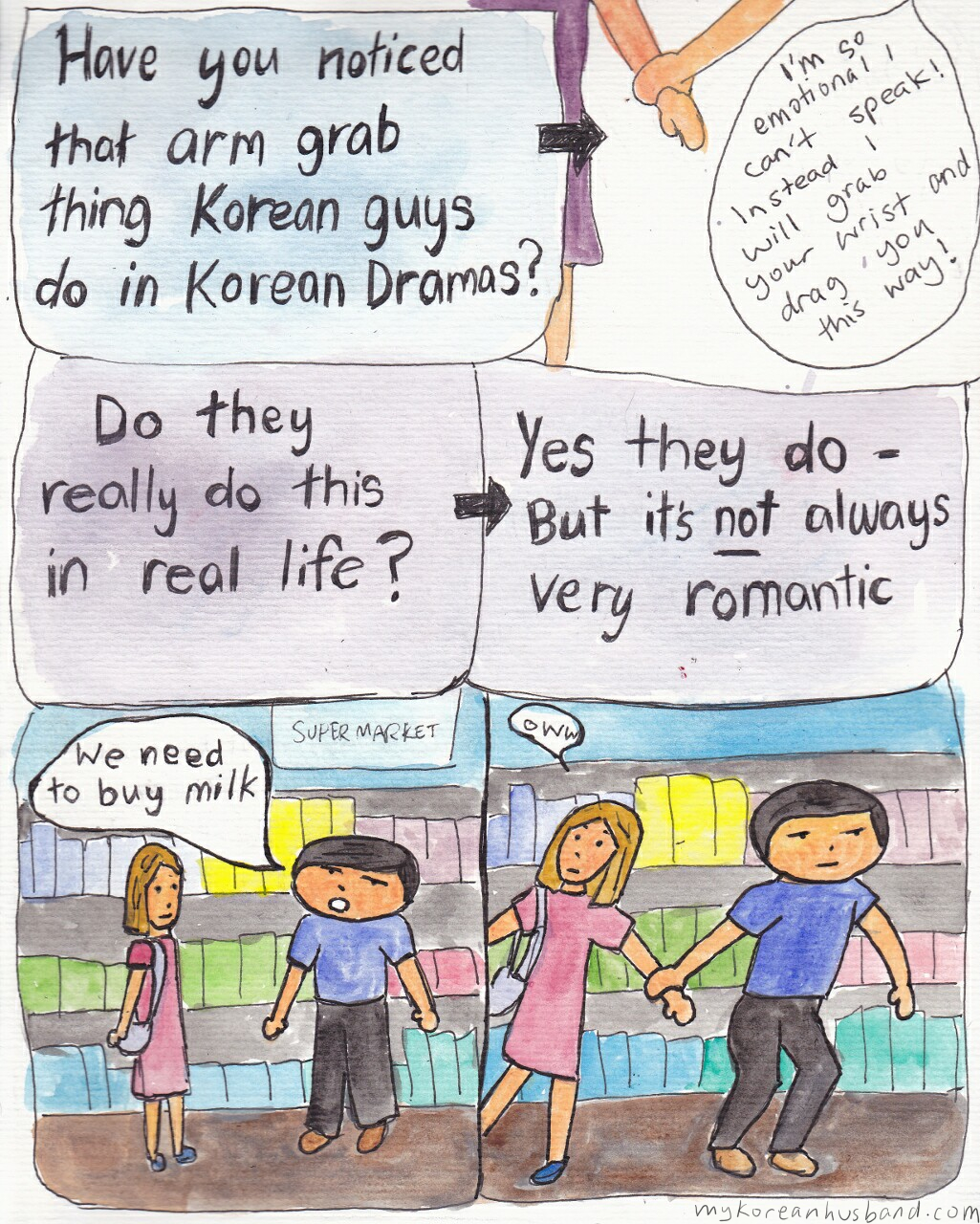
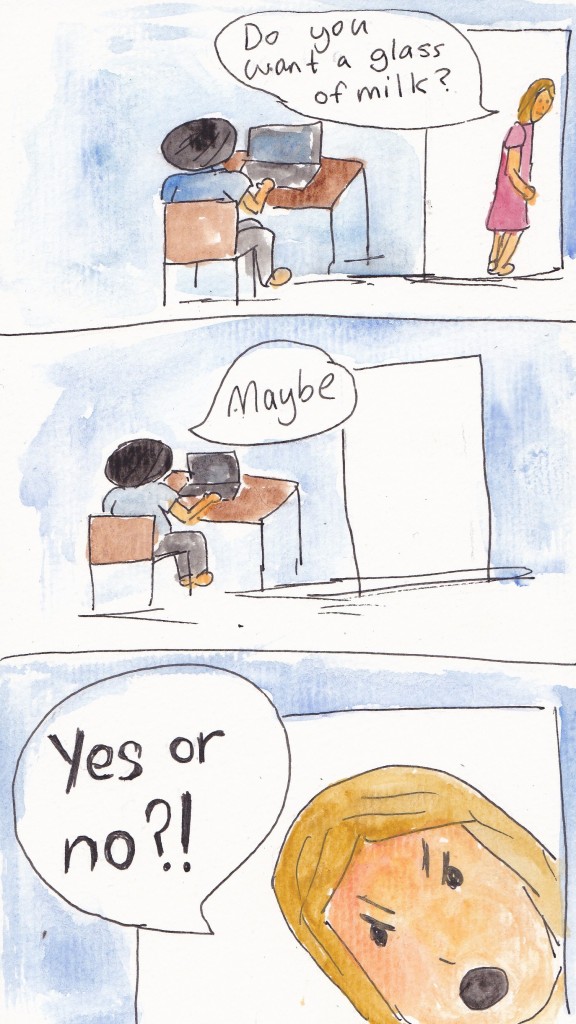
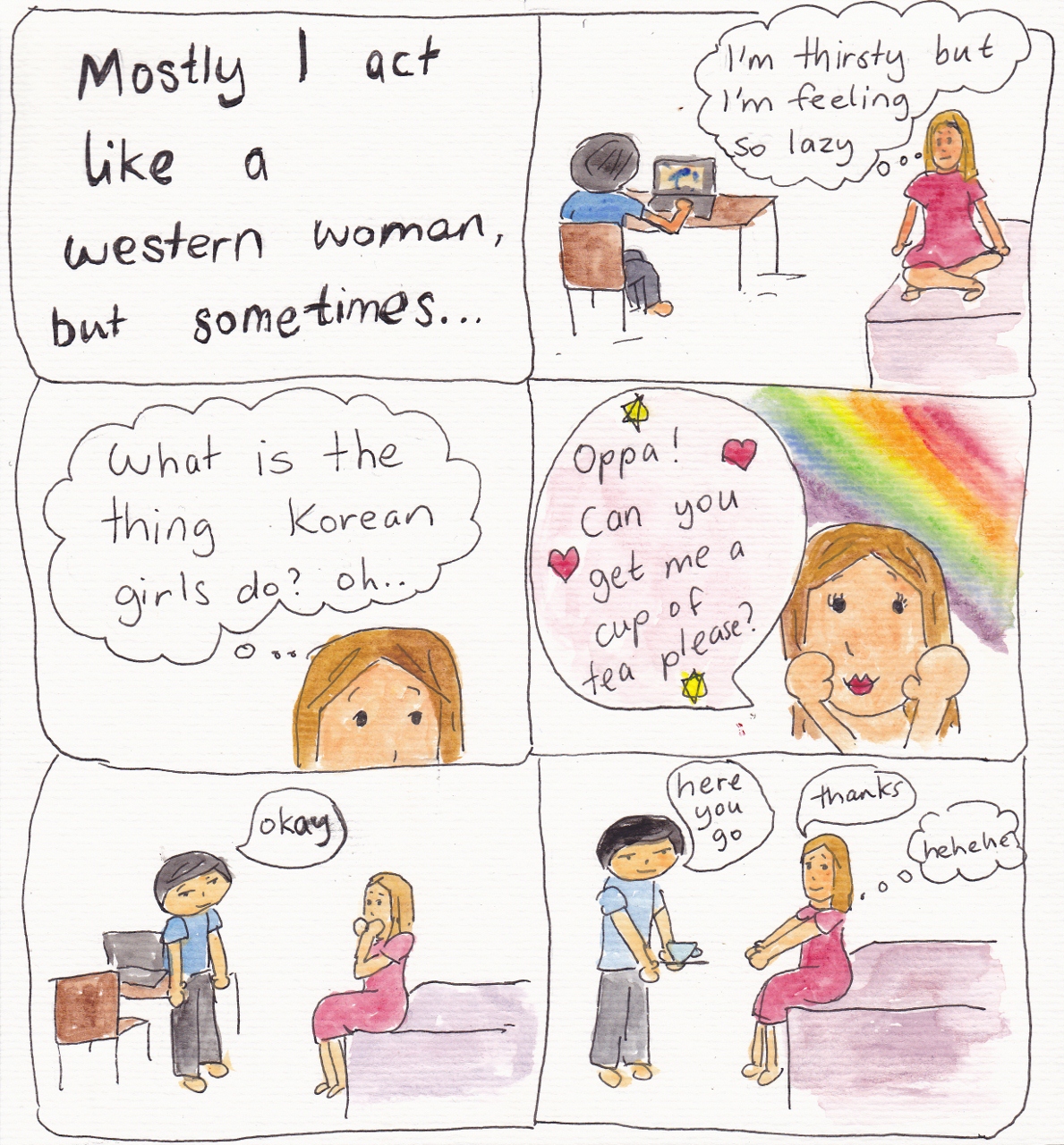
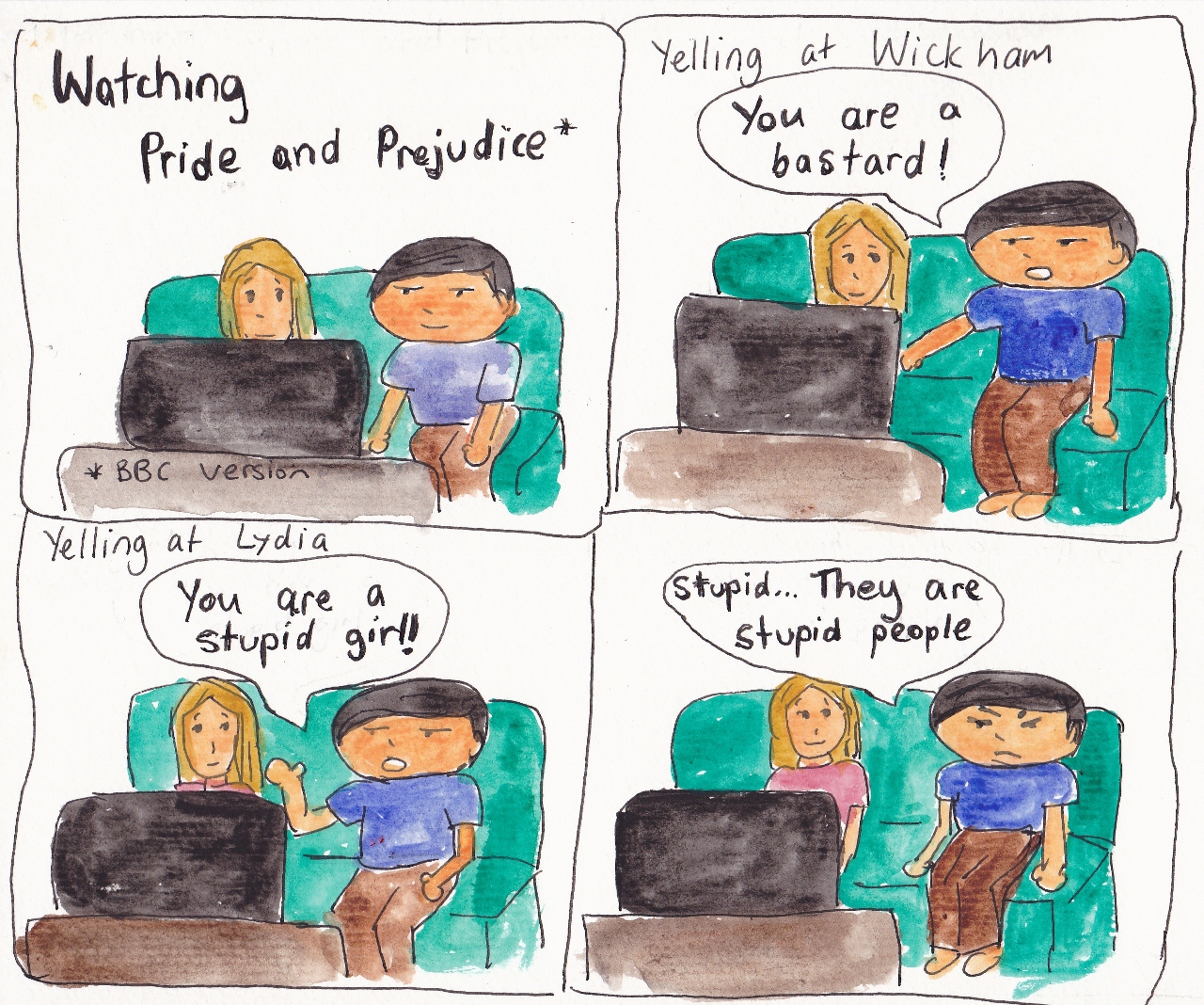

Recent Comments